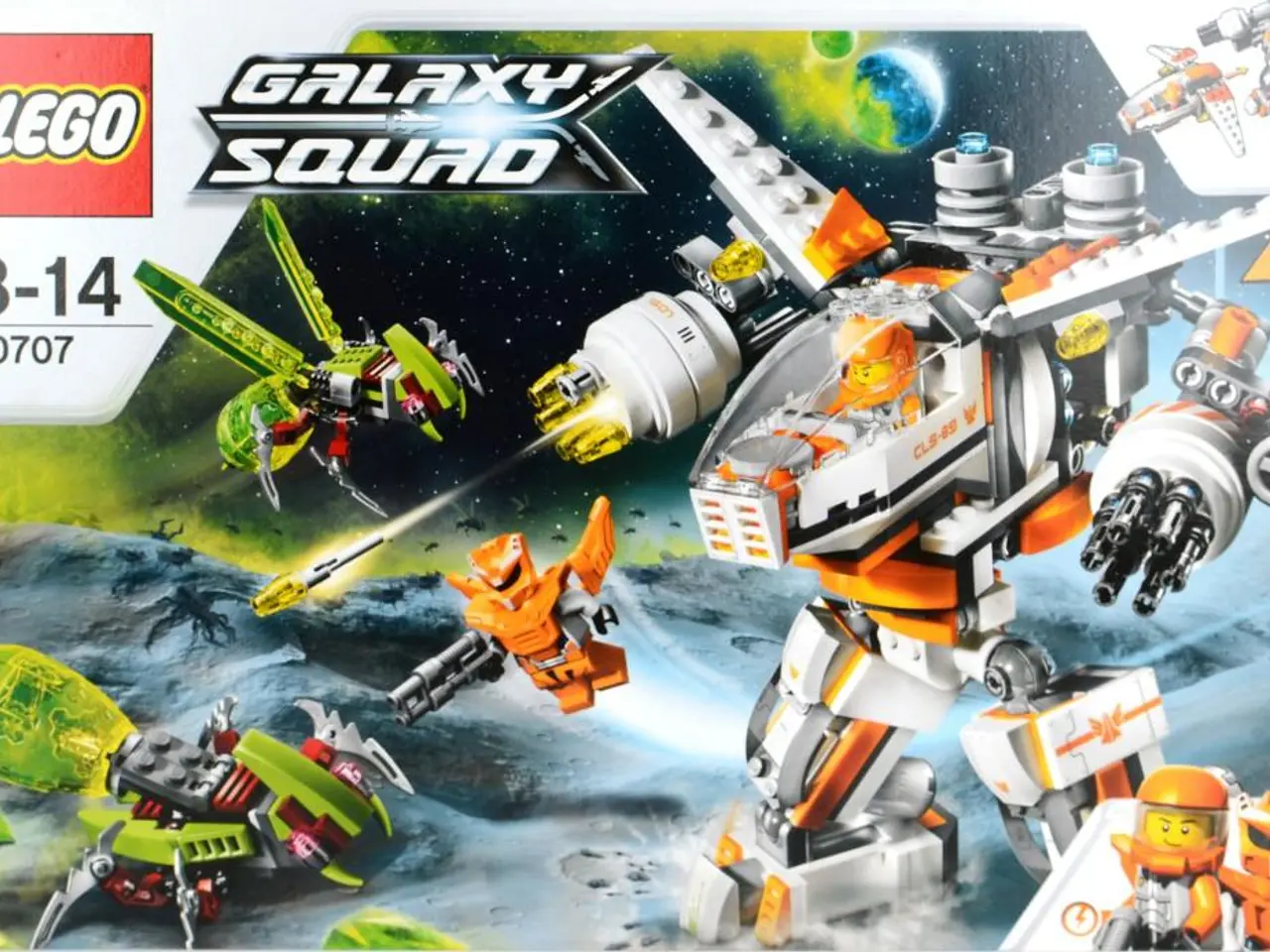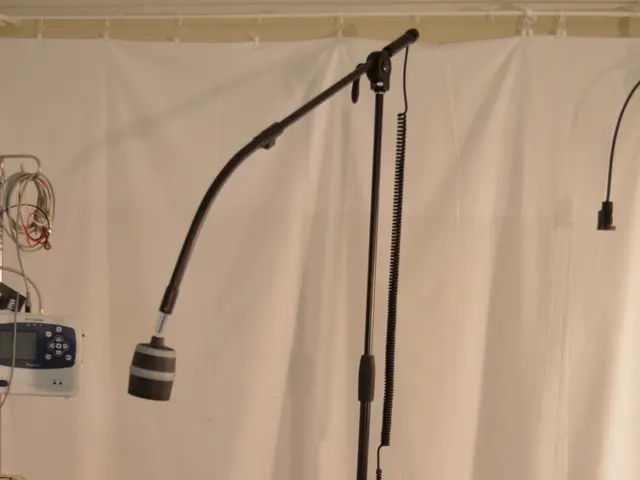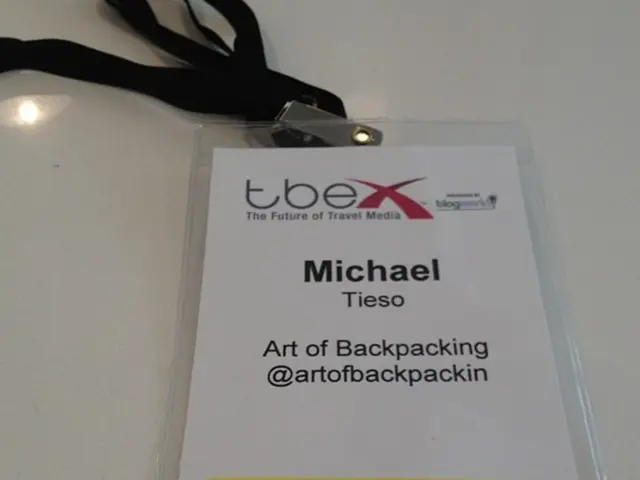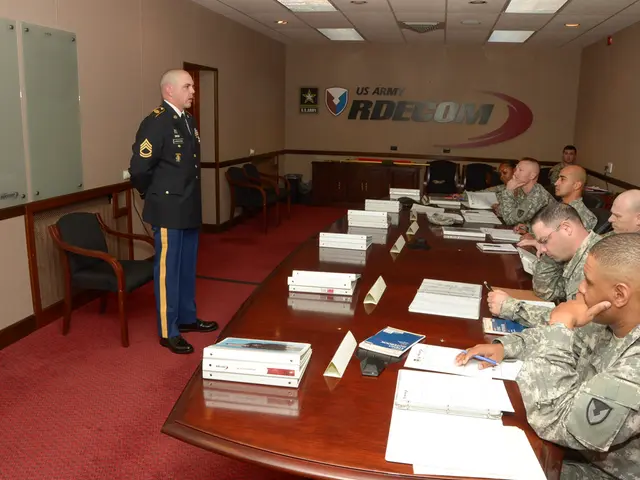Microsoft Introduces MAI-Voice-1 and MAI-1-Preview - Shaping an AI-Driven Future Through Reducing Dependency on OpenAI Tech
In the dynamic world of artificial intelligence (AI), the relationship between two tech giants, Microsoft and OpenAI, has taken an interesting turn.
Last year, Salesforce CEO Marc Benioff predicted that Microsoft would not use OpenAI's technology in the future. This prediction seems to be materialising, as Microsoft has been distancing itself from OpenAI, recently backing out of two mega data center deals due to a reluctance to support additional ChatGPT training.
Microsoft has been making strides in AI development, shipping two new models in recent months: MAI-Voice-1 and MAI-1-preview. The speech model, MAI-Voice-1, is a highly expressive and natural speech generational model, available in Copilot Daily and Podcasts as a new Copilot Labs experience. It's capable of generating up to a minute of audio in less than a second on a single GPU, making it one of the most efficient speech systems.
The text model, MAI-1-preview, is Microsoft's first foundation model trained end-to-end and offers a glimpse of future offerings inside Copilot. Trained on 15,000 Nvidia H100 GPUs, it's designed to understand instructions and provide helpful answers. Both models are integrated into Microsoft Copilot and other applications.
Microsoft AI CEO Mustafa Suleyman confirmed that the company is developing "off-frontier" AI models. In line with this, the company is investing heavily in the AI landscape, with CEO Satya Nadella indicating that Microsoft will invest $80 billion in capital annually to continue building Azure.
OpenAI, on the other hand, is striving to evolve into a for-profit venture due to investor pressure. The company's CEO, Sam Altman, previously indicated that the company is experiencing major roadblocks when launching new technology, with GPUs melting. OpenAI's $500 billion Stargate project was announced, designed to facilitate the construction of data centers across the United States.
The plans for OpenAI and Microsoft to reach a common ground might be pushed into 2026. If this doesn't materialise, OpenAI could potentially face outsider interference and hostile takeovers due to lack of funding. Microsoft has been criticising OpenAI's GPT-4 technology, citing that it's too expensive and slow to meet consumer needs.
As the AI race continues, both Microsoft and OpenAI are pushing the boundaries of what's possible, each with their unique approaches and strategies. The future of AI is exciting, and we can expect to see more innovations from both companies.
In the coming weeks, the models are intended to roll out for certain text use cases within Copilot, and Microsoft plans to learn and improve the model's capabilities based on user feedback. The integration of ChatGPT-5 into Copilot starting August 2025, enhancing features such as live translation in meetings and natural language formula inputs in Excel, is a testament to this commitment to continuous improvement.





